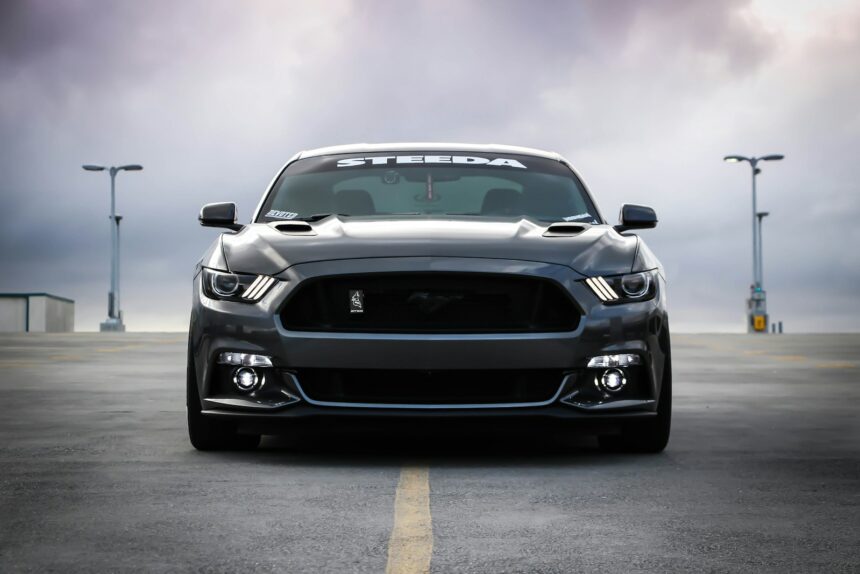It used to be that diesel engines were the go-to choice for those who wanted power, longevity, and a few more miles to the gallon. For decades, diesel cars held a certain appeal, particularly among people who valued efficiency over flash. Yet here we are in 2025, and many are pausing to ask whether diesel still deserves a place on the road.
You can still find diesel models on dealer lots, though the selection has shrunk. Most major manufacturers have scaled back production, shifting focus to hybrids and electric vehicles. Diesel is no longer the automatic pick for long-distance drivers either. With improved battery range and more charging stations than ever, electric options are finally living up to the hype.
Regulatory pressure has also turned up the heat. Several countries have set strict emissions targets. Cities are enforcing low-emission zones, sometimes banning older diesel models entirely. That has led to nervousness among second-hand buyers, who worry about future resale value or outright restrictions.
Changing Market Dynamics
In the past, diesel cars were unbeatable for fuel efficiency on long motorway drives. They also tended to hold up well over time. But fuel economy is no longer a diesel-only strength. Modern petrol engines and hybrids are narrowing the gap. Electric cars? They cost less to run, have lower maintenance needs, and appeal to a broader audience now.
Diesel still has a niche—particularly for large SUVs and trucks that need torque and pulling strength. Agricultural vehicles and commercial fleets often still lean diesel. But that niche is shrinking, and the pressure is on. Tax incentives once favored diesel; now they are leaning the other way.
Emissions and Environmental Shifts
The environmental argument against diesel has grown stronger. After several scandals and increasing scientific scrutiny, diesel emissions are under a microscope. Nitrogen oxide levels, particulate matter, and their effects on air quality have been widely publicized.
Technological improvements have helped; modern diesel engines are cleaner than ever. But “clean diesel” remains a controversial term. People are wary. For environmentally-conscious buyers, even a marginal increase in emissions can be a dealbreaker.
Ownership Costs and Resale Uncertainty
One of the biggest concerns in 2025 is the long-term cost of owning a diesel car. Fuel prices vary, but diesel tends to be more expensive than petrol in many places now. Add in potential taxes, parking fees, or even fines in emission-restricted zones, and it gets complicated.
The resale market is jittery. Buyers are cautious, especially with the threat of outright bans looming. That uncertainty can slash the value of your vehicle almost overnight. For many, it’s a gamble they are not willing to take.
Final Thoughts
So is it still worth buying a diesel car in 2025? It depends. If you live in a rural area, drive long distances regularly, and need the strength for towing or hauling—maybe. But for the average urban driver, the scales have tipped.
It is not that diesel cars are suddenly obsolete. They are just not the default choice anymore. With better options in the market and policies shifting quickly, buyers are turning elsewhere. The era of diesel is not completely over, but the signs are hard to ignore.







